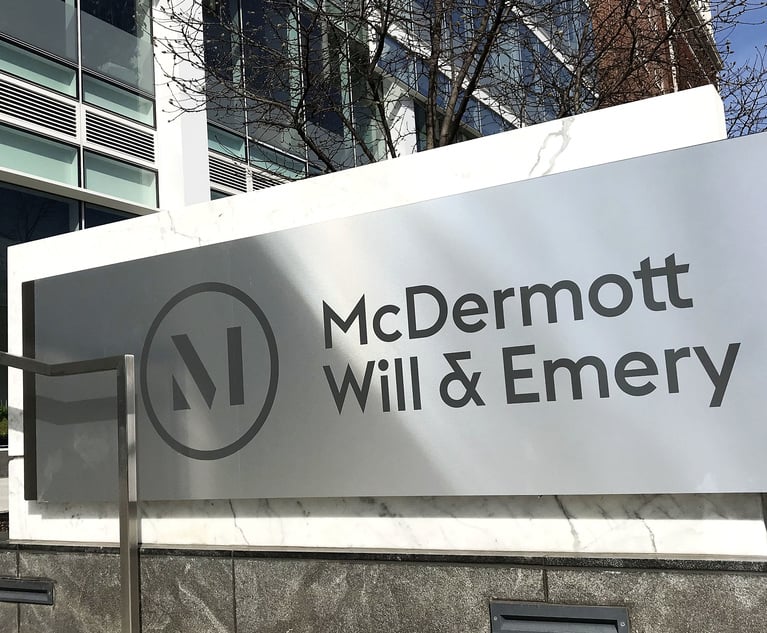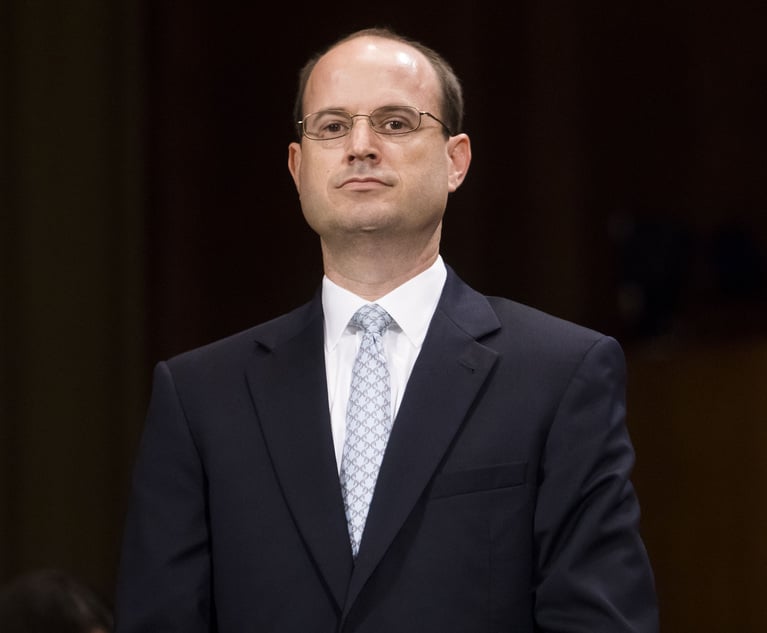On Oct. 26, 2017, the Florida Supreme Court rendered its opinion in Edwards v. Thomas, No. SC 15-18903, 2017 Fla. LEXIS 2136 (Fla. Oct. 26, 2017), concerning the applicability of Article X, Section 25 of the Florida Constitution, known as Amendment 7, to a health care facility or provider’s external peer review records. This decision tolled the death knell for any assertion of work product privilege over records relating to adverse medical incidents, including the reports of an external peer review committee and attorney fact work product.
In Edwards, the patient underwent a laparoscopic cholecystectomy at Bartow Regional Medical Center, during which the surgeon clipped her common bile duct but failed to recognize that he had done so. The patient developed severe stomach pain during the postoperative period and ultimately required corrective surgery. In the medical negligence lawsuit that ensued, the patient served an Amendment 7 request on the hospital in which she sought the production of various records relating to adverse medical incidents that had occurred at the hospital. The hospital objected to the requested records, but following several discovery hearings, was ordered to produce not only the incident reports and internal peer review committee records relating to the adverse medical incident, but also specific reports generated in connection with an external peer review, which was conducted at the request of the hospital’s attorney. The hospital petitioned for writ of certiorari to the Second District Court of Appeals on the issue of the external peer review reports and the appellate court quashed the trial court’s order, holding that the external peer review records were not “made or received in the course of business” and therefore not within the purview of Amendment 7. The patient then petitioned the Florida Supreme Court for review, seeking interpretation and construction of this constitutional provision.


 Chanel Mosley, associate, Marshall Dennehey Warner Coleman & Goggin, Orlando..
Chanel Mosley, associate, Marshall Dennehey Warner Coleman & Goggin, Orlando..




